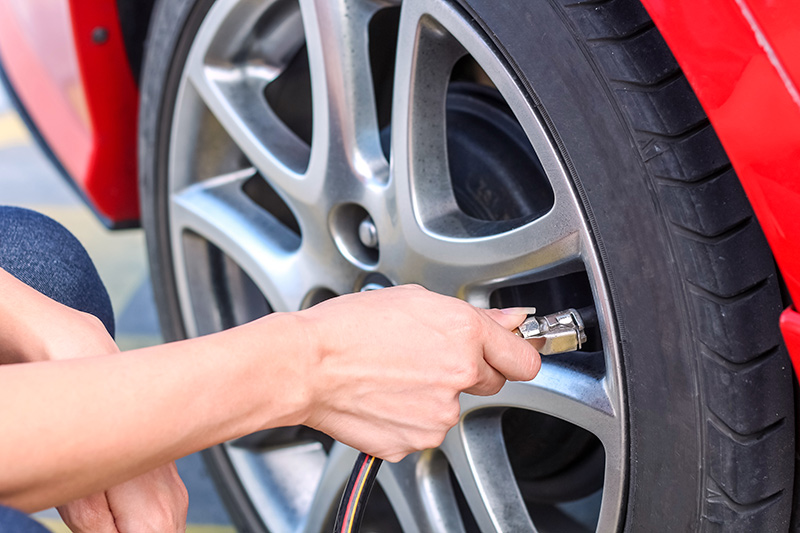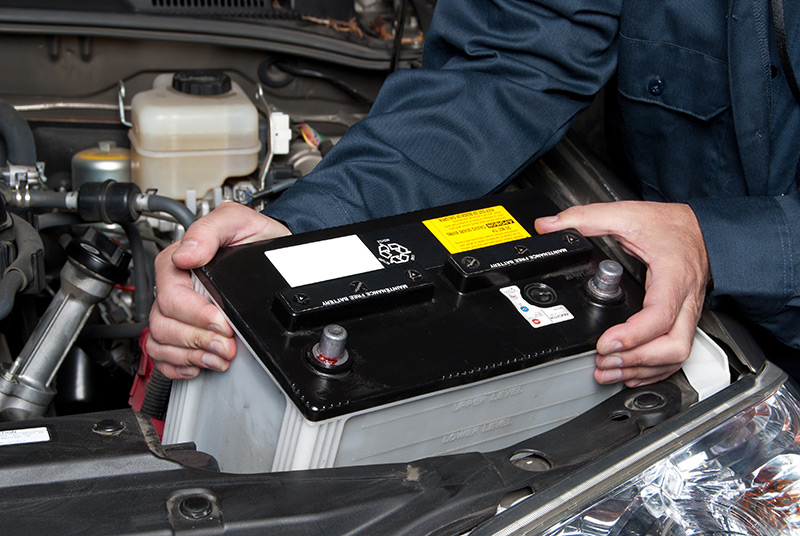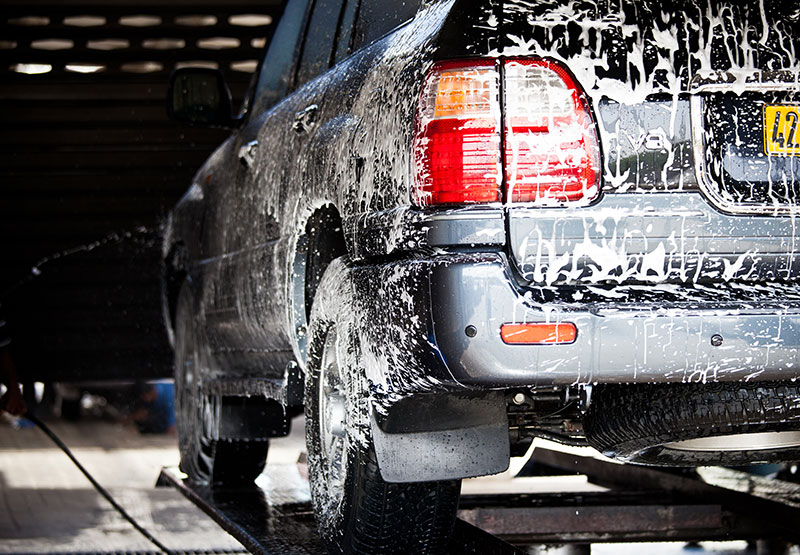The winter season can bring out the worst in your vehicle. Fortunately, planning ahead can ensure your vehicle is prepared for miles and miles as the winter barrels ahead.
- Common Reasons Why Vehicle Heaters Fail
- Leaks, vibrations and squealing: signs your vehicle needs maintenance
Below are the most prevalent winter car problems – a few of which some of you may unfortunately have to endure this season. Keep these problems in mind, and do your part to avoid these winter woes.
Low tire pressure
Tires are susceptible to losing a maximum of two pounds per square inch (PSI) for every degree that drops below 32 F. At GM Outlet Parts, we cannot stress how important it is to keep an eye on your tire pressure, especially as the weather dips into freezing temperatures.

Keep a watchful eye on your tire pressure by testing it once a week using a tire pressure gauge. Refer to your vehicle’s manual to learn the manufacturer’s recommended PSI. This little extra work will go a long way this winter.
Dead battery
The winter months can do significant damage to batteries. As the temperature drops, so too does the current that’s stored in the battery. Because we typically drive our vehicles less in the winter, this too contributes to less of a charge being stored in the battery.
Batteries also hold less of a charge as they get older. For batteries that haven’t been changed in a few years, this could contribute to the battery dying in the winter as well. Take your automobile to a trusted mechanic to get your battery tested to ensure it will withstand this winter season and avoid this common winter car problem.

Dead alternator belt
There is no worse feeling than installing a new battery, thinking you’ve overcome this annoying winter car problem only to discover that your vehicle still won’t start. Don’t worry, though. Odds are the alternator belt (i.e. serpentine belt) needs to be replaced. Alternator belts can crack due to the cold winter weather, so get it replaced and allow it to transfer power to every facet of your vehicle once again.
Frozen fuel line/thickened fluids
Although it isn’t a problem that affects most modern vehicles, your automobile’s fuel line can absolutely freeze during the winter. This is due to trapped condensation inside the fuel line. Although the weather has to get really cold, it’s enough of a risk to make this a winter car problem worth understanding.

Avoiding this mishap is pretty simple: just keep your vehicle’s fuel tank full throughout the winter to avoid condensation having a chance to freeze. Fluids can also thicken. Avoid this by keeping an eye on your vehicle’s fluid levels (e.g. power steering, antifreeze, oil, brake fluid, transmission fluid, windshield wiper fluid). It also helps to warm your vehicle up before your daily commute.
Corroded metal
Road salt is a lifesaver when it comes to driving, but this handy tool can seriously mess up the metal components on your vehicle. You will notice this on older vehicles that have rusty doors, but it can also spread to more vital parts of your automobile, such as your brakes, wheel wells, and the entire undercarriage. Take your vehicle through a car wash at least once a week to not only keep it clean, but to avoid a costly, rusty mistake later down the road.

Leave a Reply